 If you, or a loved one, is planning to buy their first home, they can expect to pay £40,000 more for a property than they did before the pandemic.
If you, or a loved one, is planning to buy their first home, they can expect to pay £40,000 more for a property than they did before the pandemic.
That’s the finding of new research published by MoneyAge that shows the average price paid by first-time buyers has risen significantly in just a couple of years.
Despite this, many lenders are welcoming first-time buyer applications and there is plenty of choice when it comes to competitive mortgage deals, despite interest rates rising six times since December 2021.
As a start, our comprehensive first-time buyer guide will give you loads of useful information and tips. Then, read on for everything you need to know if you’re looking to get onto the property ladder.
Average first-time buyer will have to pay nearly £42,000 more for a home
Analysis of the average price paid by first-time buyers has revealed that, across the UK, prospective buyers are now paying an average £236,783 for a home. This figure is now £41,764 more than the average price being paid in January 2020 – just before the first Covid-19 lockdown.
If you assume that a first-time buyer will need to put down a deposit of around 10%, that’s additional savings of more than £4,000 that a new purchaser will need to accumulate before being able to get onto the property ladder.
The situation is worse in many London and south-east locations. According to the research, the London Borough of Brent has seen the highest rise in the amounts paid by first-time buyers, with the average price paid up by more than double the national average.
Those buying their first home in the borough are now paying £453,762, a £89,753 increase compared to pre-pandemic market values.
First-time buyers are paying £76,108 more in Elmbridge for the average home than they were in January 2020, £71,403 more in Hertsmere, £69,535 more in Wealden, £68,773 more in Islington and £68,524 more in St Albans.
Finding a deposit is a challenge – but could the Bank of Mum and Dad help?
If you’re looking to buy your first home, finding the deposit is likely to be one of your main challenges.
Lenders will normally require at least 5% to 10% of the purchase price which, assuming the average price of a home in the UK was £271,209 in July 2022 (according to the Guardian), means you’ll have to find a deposit of somewhere between £13,000 and £27,500.
An increasingly popular way for first-time buyers to afford the deposit for a home is by accessing the so-called Bank of Mum and Dad. Indeed, MoneyAge report a Savills study that estimated parents will support almost half of first-time buyer transactions to 2024, with an estimated 470,000 first-time buyers receiving financial help from a parent or other family member.
If your parents or grandparents can’t afford to gift a deposit, there are several “family” mortgage schemes that can support first-time buyers using parental funds. Get in touch with us to find out how these could help you.
You could take advantage of the government’s Help to Buy shared equity scheme
If you’re looking to buy in the near future, you still have time to take advantage of the government’s Help to Buy shared equity scheme which ends in March 2023 – although the deadline for applying for a mortgage using this scheme is 31 October 2022.
Under the initiative, the government will lend up to 40% of the price of a new-build property in London, so with a 5% deposit you have to secure a mortgage of 55% of the property value.
Elsewhere in the country you can borrow up to 20% of the purchase price – the maximum property purchase price varies by region from £186,100 in the north-east to £600,000 in London.
Choice of FTB deals shrinks as mortgage rates rise – but we can support you
One positive for first-time buyers in 2022 has been the Bank of England’s recent decision to scrap their “stress test” affordability rule.
Now, lenders no longer have to satisfy themselves that you can afford a new mortgage if interest rates were to rise, meaning many more first-time buyers could potentially pass affordability assessments.
However, despite the efforts to relax requirements and make it easier for first-time buyers to borrow high loan-to-value mortgages, the Evening Standard reports the actual choice of deals has fallen for four consecutive months. As of August 2022, products are at their lowest since September 2021.
In an environment where many interest rates are changing or being withdrawn at short notice, working with a professional can really help.
We can often “reserve” mortgage deals on your behalf, working closely with a lender to submit your application ahead of a deadline. We can also liaise with your lender to obtain your offer, and to help support the process through to completion. Find out more about how we can help.
If you’re a first-time buyer, download our free guide for loads of useful information and tips, including:
- How to save for a deposit
- How much you can borrow
- Different types of mortgage
- How the house buying process works
- 7 tips to improve your chances of securing a mortgage.
Get in touch
If you or a loved one are looking to get onto the property ladder, our experts can help. We work closely with dozens of lenders to help first-time buyers access the mortgage they need to buy their home.
To find out more, please email [email protected] or call us on +44 (0) 20 3411 0079.
Please note
Your home may be repossessed if you do not keep up repayments on a mortgage or other loans secured on it.




